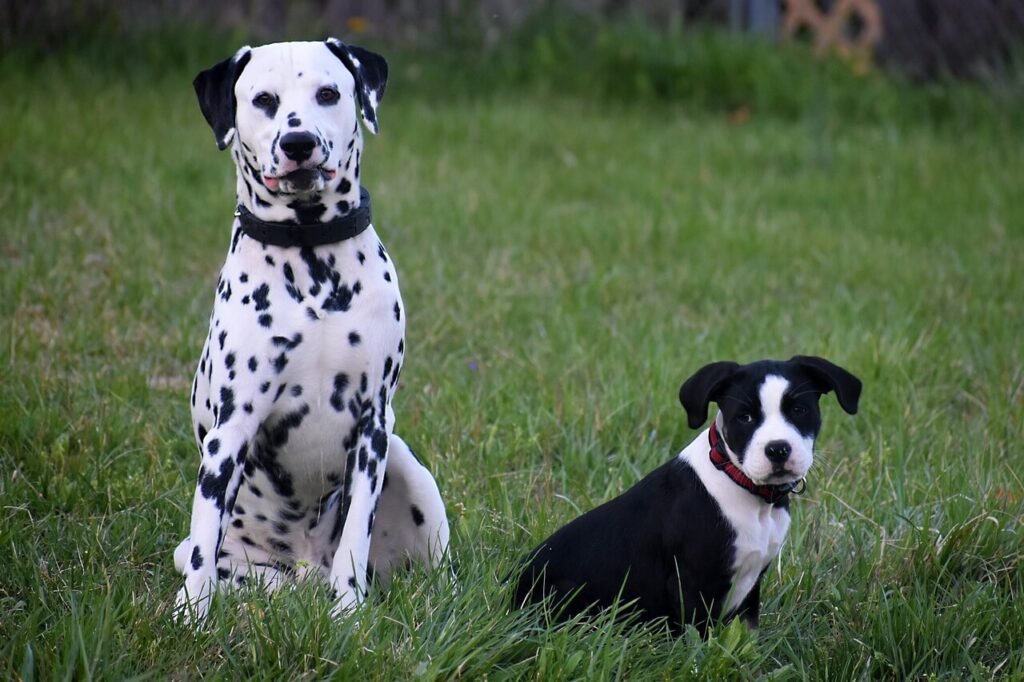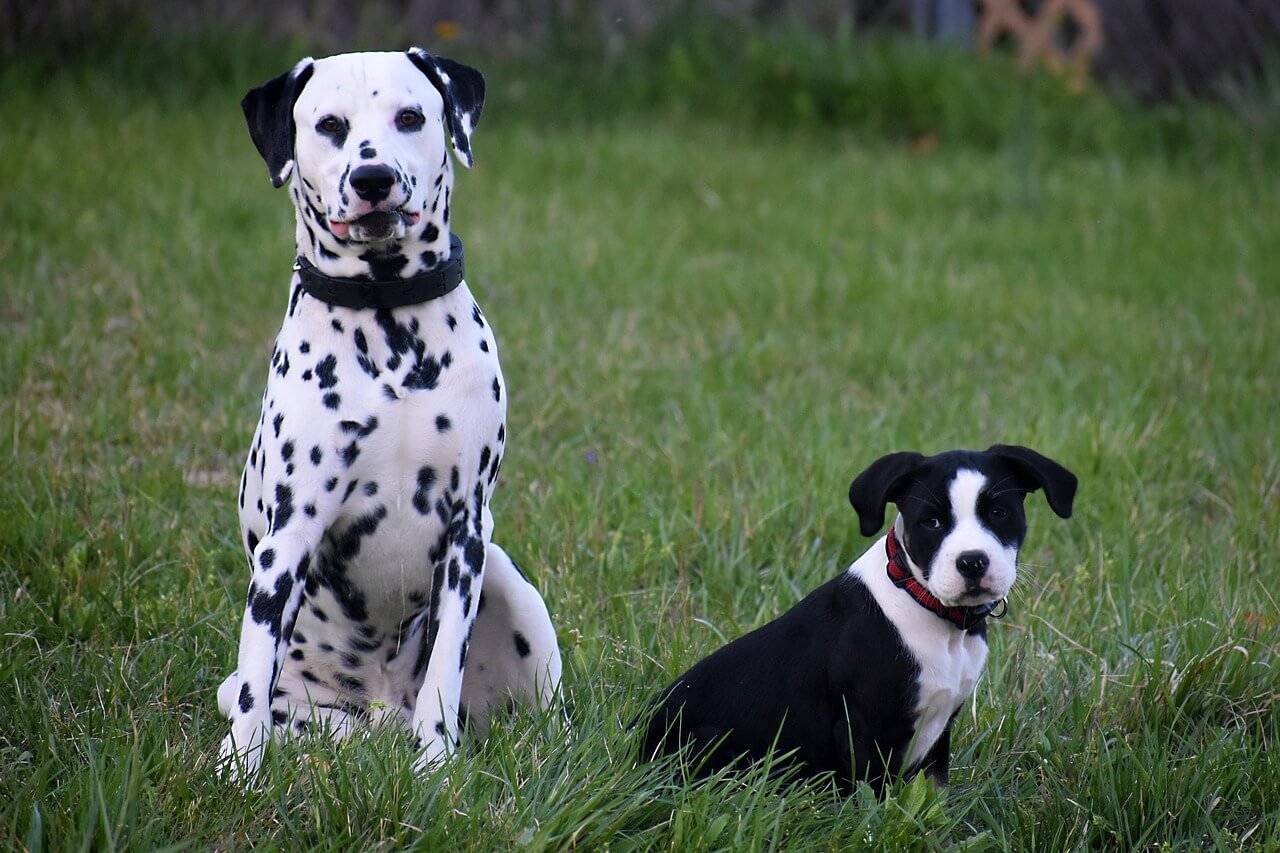How Long After Eating Does a Dog Poop? A Comprehensive Guide for Pet Owners
Every dog owner knows that understanding their furry friend’s digestive habits is essential for maintaining their health and happiness. One of the most common questions pet parents ask is, “How long after eating does a dog poop?” While this might seem like a straightforward query, the answer can vary depending on several factors. From the type of food your dog eats to their unique metabolism, there are many elements at play.
In this blog post, we’ll explore everything you need to know about your dog’s digestion timeline, offering practical insights and tips to help you better care for your canine companion. Whether you’re a first-time dog owner or a seasoned pet parent, this guide will provide valuable information to keep your pup healthy and thriving.
Understanding the Digestive Timeline of Dogs
To grasp how long it takes for a dog to poop after eating, it’s important to break down their digestive process. Here’s an overview of the key stages:
Ingestion : The journey begins when your dog consumes its meal. Food enters the mouth, where chewing and saliva start breaking it down.
Stomach Processing : Once swallowed, the food moves into the stomach, where acids and enzymes further digest it. This stage typically lasts around 4 to 8 hours.
Small Intestine Absorption : Nutrients from the food are absorbed in the small intestine. This phase usually takes about 3 to 5 hours.
Large Intestine and Waste Formation : The remaining undigested material moves into the large intestine, where water is absorbed, and stool begins to form.
Elimination : Finally, the waste is expelled as poop. On average, this entire process takes between 6 to 12 hours, though it can vary.
Understanding these stages helps explain why dogs generally poop within a predictable timeframe after eating. However, individual differences mean some dogs may take longer or shorter than others.
Factors That Influence How Quickly a Dog Poops After Eating
Several variables can affect how long it takes for a dog to poop after a meal. Recognizing these factors can help you anticipate your dog’s bathroom schedule more accurately:
Type of Food Consumed : High-fiber diets tend to speed up digestion, while low-fiber options may slow it down.
Age of the Dog : Puppies often have faster metabolisms and may poop sooner than adult dogs.
Activity Level : Active dogs might digest food quicker due to increased movement and energy expenditure.
Health Conditions : Issues like gastrointestinal disorders or infections can alter digestion times significantly.
Hydration Levels : Proper hydration supports efficient digestion, whereas dehydration can cause delays.
By considering these factors, you can better understand your dog’s unique digestive rhythm. Remember, every dog is different, so paying attention to patterns specific to your pet is crucial.
Check this guide 👉Is White Dog Poop Dangerous? Best 7 Expert Tips!
Check this guide 👉Maggots in Dog Poop: Best 7 Expert Health Tips!
Check this guide 👉Best 7 Expert Tips Why Your Dog is Pooping Blood!

Factors Influencing Digestion Time | Examples |
|---|---|
Type of Food | Wet vs. dry food |
Age | Puppy vs. senior dog |
Activity Level | Sedentary vs. highly active |
Health Status | Healthy vs. sick dog |
Hydration | Well-hydrated vs. dehydrated |
Signs Your Dog’s Digestion Might Be Off Track
If your dog doesn’t follow the typical 6 to 12-hour window for pooping after eating, it could indicate underlying issues. Keep an eye out for these warning signs:
Diarrhea or Constipation : Changes in stool consistency can signal digestive problems.
Vomiting : Frequent vomiting alongside irregular bowel movements requires attention.
Lethargy : A lack of energy or enthusiasm may accompany digestive distress.
Loss of Appetite : Refusing meals can be linked to discomfort or illness.
Excessive Gas : Unusual flatulence might point to dietary intolerances.
Monitoring these symptoms allows you to address potential concerns early. If any persist, consult your veterinarian promptly to ensure your dog stays healthy.
Tips for Managing Your Dog’s Digestive Health
Maintaining your dog’s digestive system is vital for overall well-being. Here are some actionable tips to support healthy digestion:
Feed High-Quality Food : Choose nutrient-rich options tailored to your dog’s needs.
Establish a Routine : Consistent feeding and walking schedules promote regularity.
Monitor Portion Sizes : Overfeeding can strain the digestive system, so stick to recommended amounts.
Encourage Exercise : Regular physical activity aids digestion and reduces stress.
Provide Fresh Water : Ensure clean water is always available to prevent dehydration.
By implementing these practices, you can help your dog maintain optimal digestive health. Remember, prevention is key to avoiding complications down the line.
Signs of a Healthy Digestive System in Dogs
A healthy digestive system is crucial for your dog’s overall well-being. Recognizing the signs of good digestion can help you ensure your pet is thriving. Here are some indicators to look out for:
Regular Bowel Movements : Consistent pooping schedules suggest your dog’s digestion is functioning properly.
Firm Stools : Well-formed stools without excessive hardness or softness indicate a balanced diet.
Normal Energy Levels : A dog with a healthy gut tends to be active and playful.
Shiny Coat and Skin : Good digestion supports nutrient absorption, which reflects in your dog’s coat quality.
Minimal Gas : Occasional gas is normal, but frequent bloating may signal issues.
Monitoring these signs allows you to gauge your dog’s digestive health effectively. If you notice any deviations, consult your vet promptly to address potential concerns.
Common Mistakes That Disrupt Dog Digestion
Even well-meaning pet owners can unintentionally make mistakes that affect their dog’s digestion. Avoiding these pitfalls can help maintain your dog’s digestive balance. Below are some common errors to avoid:
Sudden Diet Changes : Switching foods abruptly can upset your dog’s stomach and disrupt digestion.
Overfeeding Treats : Too many snacks can overload the digestive system and lead to weight gain.
Ignoring Food Allergies : Feeding ingredients your dog is sensitive to can cause digestive distress.
Inadequate Hydration : Not providing enough water can slow digestion and lead to constipation.
Lack of Exercise : Insufficient physical activity can hinder proper digestion and waste elimination.
By steering clear of these mistakes, you can support your dog’s digestive health and prevent unnecessary discomfort. Always prioritize gradual changes and moderation in your pet’s routine.
Benefits of High-Quality Dog Food for Digestion
The type of food you feed your dog plays a significant role in their digestive health. High-quality dog food not only nourishes your pet but also supports efficient digestion. Here are some benefits of choosing premium options:
Improved Nutrient Absorption : Quality ingredients ensure better breakdown and utilization of nutrients.
Enhanced Digestibility : Easily digestible formulas reduce the strain on your dog’s digestive system.
Reduced Risk of Allergies : Premium foods often exclude common allergens, minimizing digestive upsets.
Balanced Fiber Content : Optimal fiber levels promote regular bowel movements and stool consistency.
Added Probiotics : Some high-quality foods include probiotics to support gut flora and overall digestion.
Investing in high-quality dog food can make a noticeable difference in your pet’s digestive health. By prioritizing nutrition, you’re setting the foundation for a happy, healthy life for your furry friend.
Frequently Asked Questions About Dog Digestion
Why does my dog poop immediately after eating?
Some dogs have faster digestion rates, which can lead to pooping shortly after meals.
Is it normal for a dog not to poop daily?
It depends on the dog, but skipping a day occasionally isn’t necessarily alarming unless accompanied by other symptoms.
Can stress affect my dog’s digestion?
Yes, anxiety or environmental changes can disrupt digestive patterns temporarily.
Should I worry if my dog poops more than twice a day?
Not necessarily, but excessive frequency combined with loose stools warrants a vet visit.
What should I do if my dog hasn’t pooped in over 48 hours?
Contact your veterinarian, as prolonged constipation can indicate a serious issue.
Final Thoughts: Supporting Your Dog’s Digestive Journey
Understanding how long after eating a dog poops is just one piece of the puzzle in caring for your beloved pet. By familiarizing yourself with their digestive timeline, recognizing influencing factors, and staying vigilant for signs of trouble, you can ensure your dog enjoys a happy, healthy life. Always prioritize high-quality nutrition, consistent routines, and plenty of love and attention. Remember, no two dogs are alike—what matters most is tailoring your approach to meet your pup’s unique needs. With patience and dedication, you’ll build a stronger bond with your four-legged friend while keeping their digestive system running smoothly.
Pemphigus Erythematosus in Cats: Best 7 Expert Tips! – Learn to recognize symptoms, manage flare-ups, and improve your cat’s quality of life.
Pemphigus Erythematosus in Dogs: Best 7 Expert Tips! – Discover causes, symptoms, and treatment options to manage this autoimmune skin condition effectively.
Cat Tympanic Membrane: Best 7 Expert Tips! – Learn how to protect your cat’s eardrum, spot issues early, and ensure lifelong auditory health.
Dog Tympanic Membrane: Best 7 Expert Tips! – Learn how to protect your dog’s eardrum, spot issues early, and ensure lifelong ear health with expert advice.





